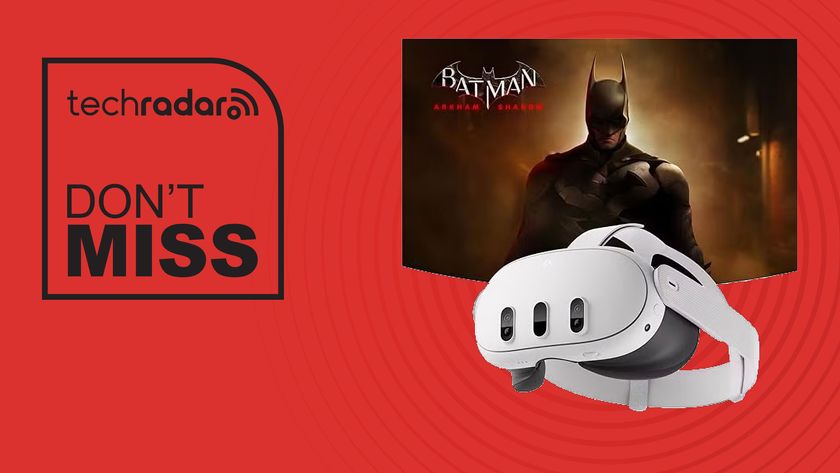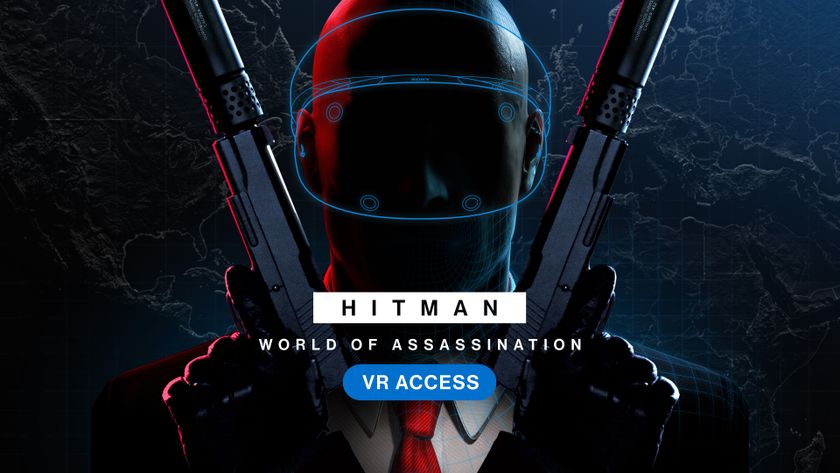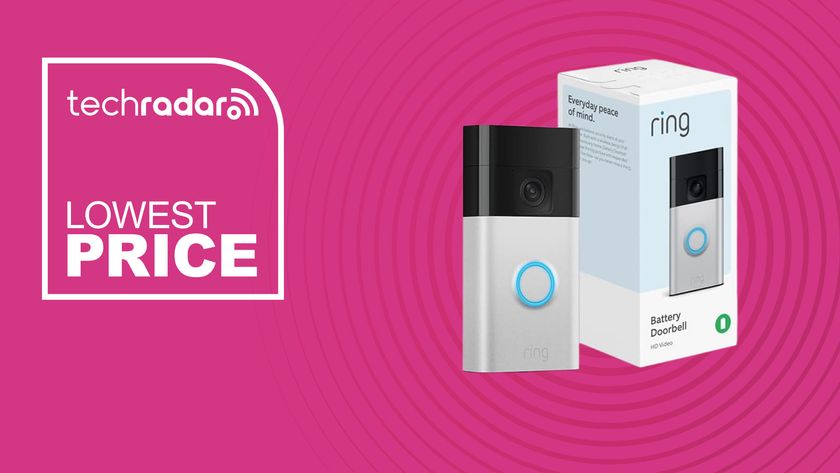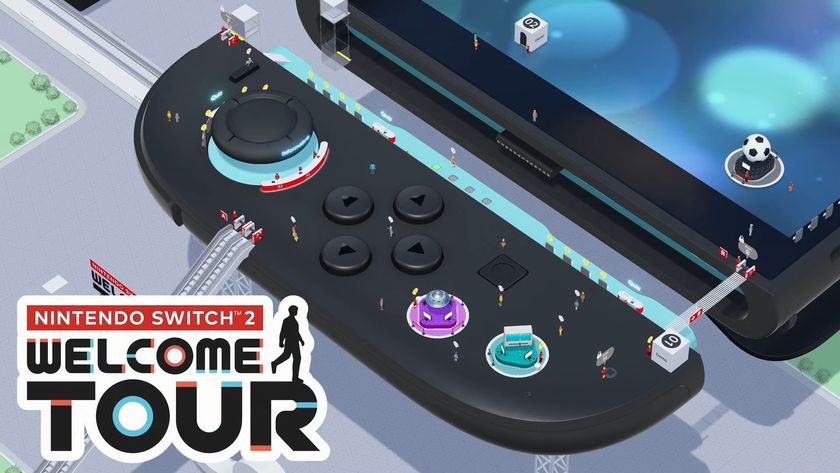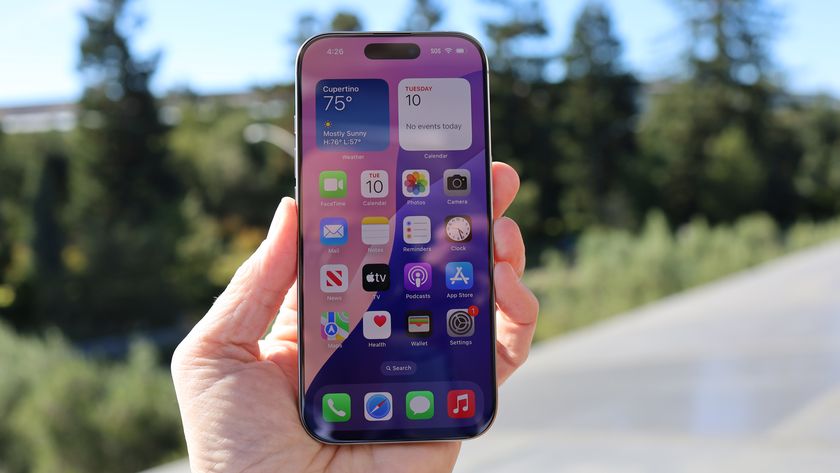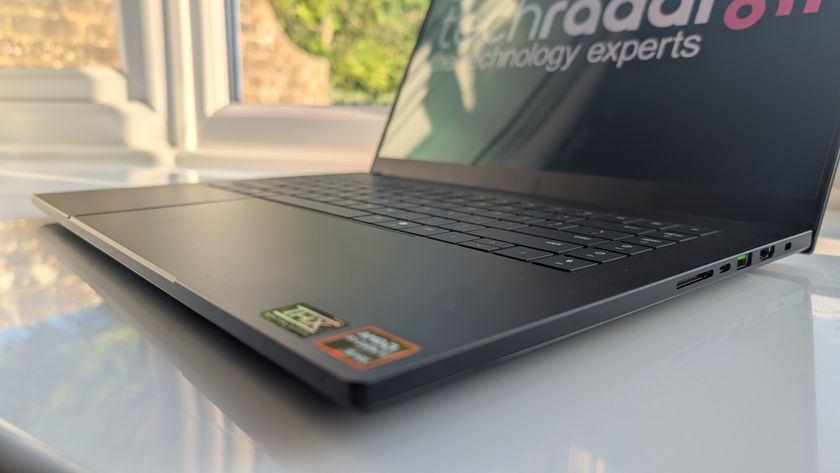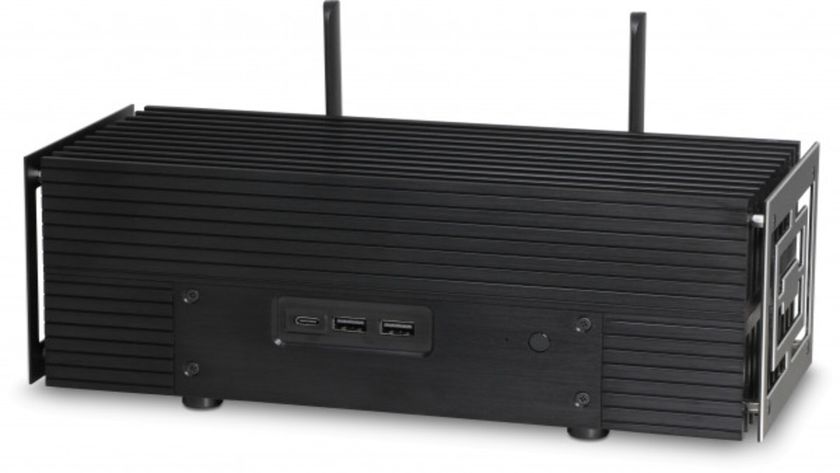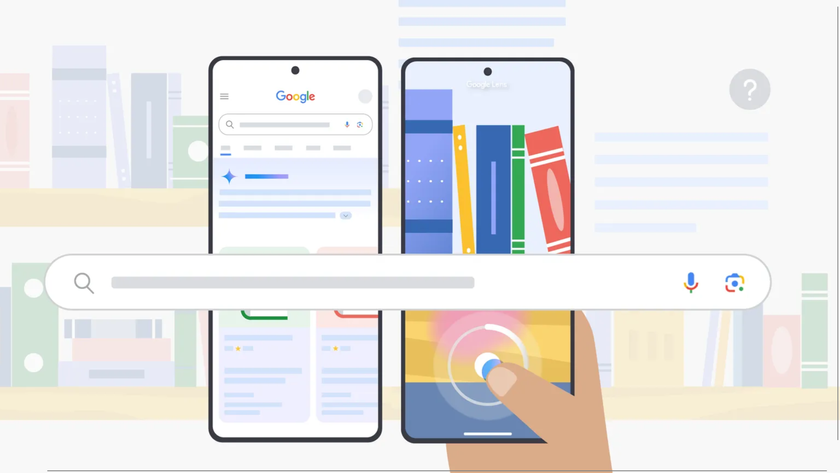Get ready for ads to invade your HTC Vive virtual reality experiences
You’re surrounded
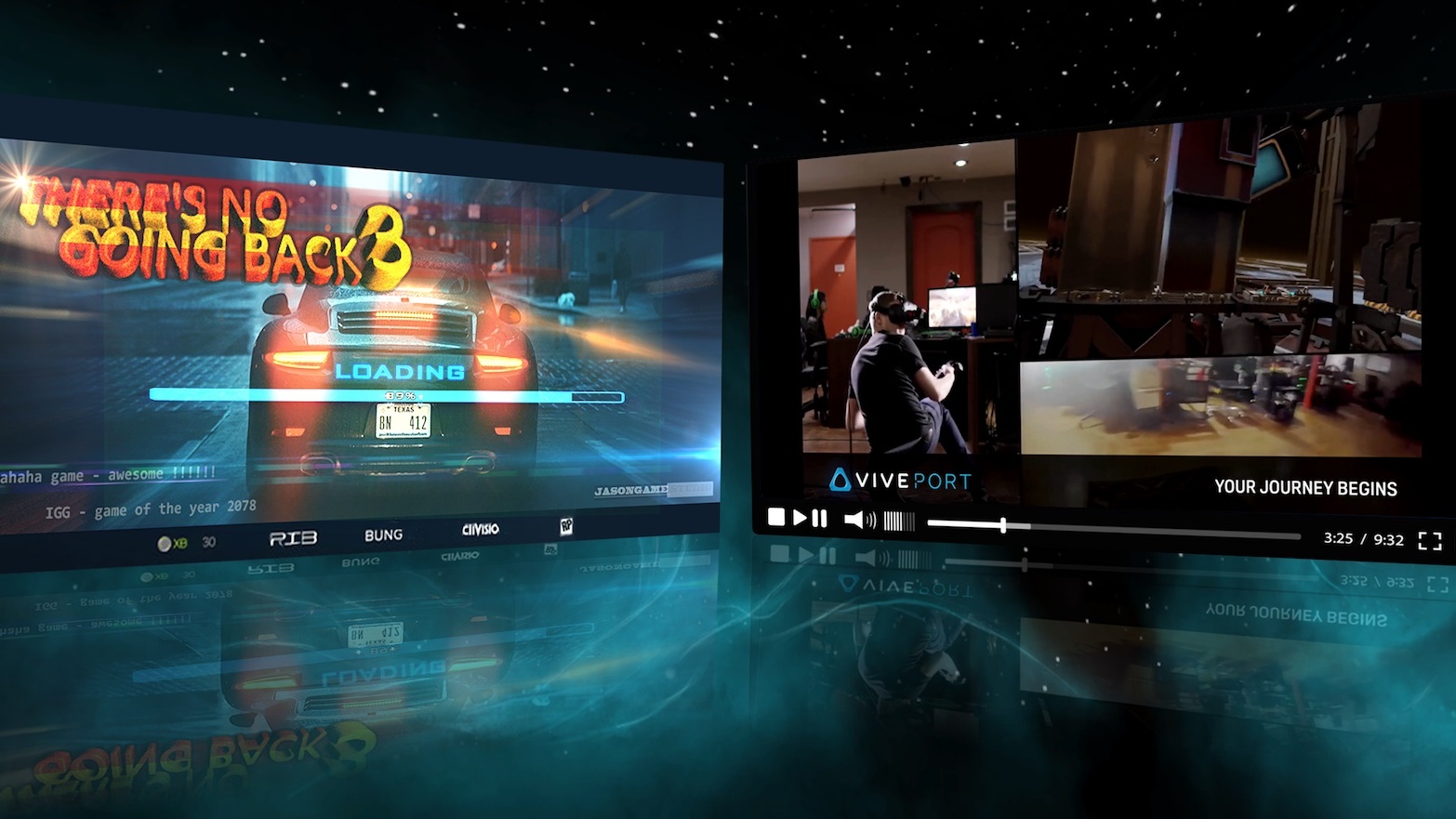
If you thought virtual reality would enable you to escape the little annoyances of every day life, think again: adverts are about to follow you into your virtual worlds thanks to HTC’s new VR ad service.
The service is being rolled out for developers on the Viveport platform and claims that it will “maximize your ad revenue while maintaining a great user experience.”
Using what HTC is simply calling VR Ad Service, Viveport developers will now be able to easily place a variety of video ads, banner ads, 360° video and cinema-scale ads into their virtual experiences. Developers will be able to integrate the ads as in-app scenarios or slot them in as something to distract users during loading screens or post-experience end scenes.
Making an impression
They’ll also have the option of going down the route of placing ads directly onto 3D models in their VR experiences. For example, if a game character is wearing a blank T-shirt, it could be changed to have an advertisement for something. This is, admittedly, a less disruptive way of advertising to users.
We know what you’re thinking – ‘oh, great, my life didn’t have enough advertisements in it.’ In-game and in-experience advertising is a divisive subject for this very reason because although it’s sometimes aggravating for the consumer, it’s a great way for developers to fund creations they may not have been able to make otherwise.
HTC is also trying to make this ad service appealing to marketers by pointing out that it’s a new and more memorable way to target ads to consumers who are becoming increasingly desensitized to such things.
According to HTC, “Ads that appear in immersive VR environments can not only provide more effective impressions, they can also track whether the users have viewed them or have turned away their gaze.”
Get daily insight, inspiration and deals in your inbox
Sign up for breaking news, reviews, opinion, top tech deals, and more.
This is potentially much more appealing than ordinary ad impressions as it will allow marketers to detect whether or not their ads are being viewed effectively, allowing them to target more accurately and bring users advertisements that are more relevant to them.
Of course, this will force developers to be a little more creative with how they integrate the ads as users actually have to be looking at and engaged with ads for impressions to count and revenue to be raised.
At the moment, the opt-in service is only available to apps on HTC’s own Viveport marketplace and is limited to free-to-play experiences. If it proves to be successful, however, we imagine it will open up and ads will eventually make their way into paid experiences.
Emma Boyle is TechRadar’s ex-Gaming Editor, and is now a content developer and freelance journalist. She has written for magazines and websites including T3, Stuff and The Independent. Emma currently works as a Content Developer in Edinburgh.

